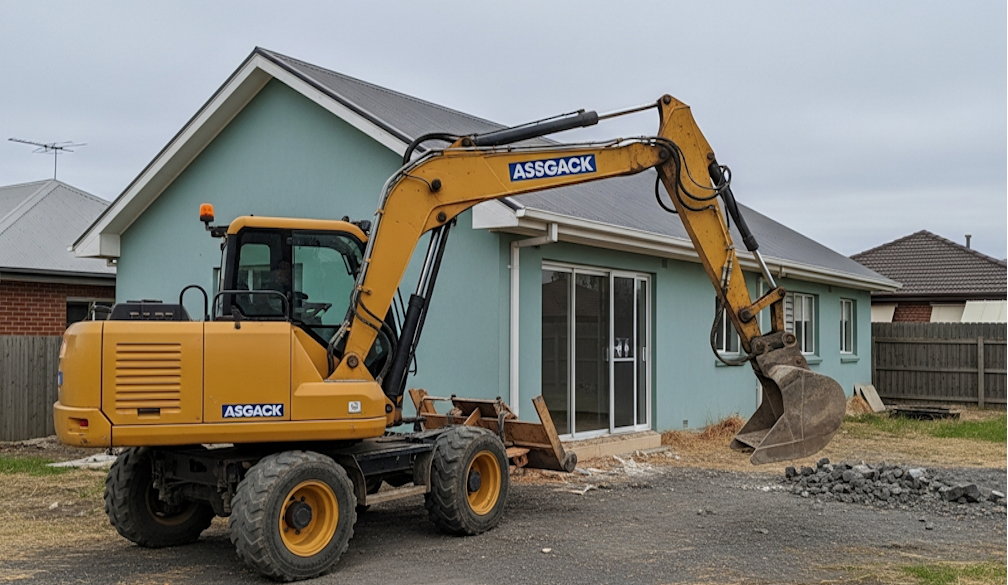Finding Relief From Childhood Trauma
- Written by ML

It was 30 years ago when Jenny’s uncle last came into her bedroom after everyone was asleep, but she still has nightmares.
While most of the time she’d call herself normal and assess herself as coping just fine, there are times when she feels the sharp edge of threat and has to work hard to control the panic. Others call her out on her reactions, which they say are blown out of proportion to the current situation, but they don’t know why she reacts this way.
Truth be told, neither does Jenny.
Jenny’s symptoms are consistent with post-traumatic stress disorder (PTSD), which can develop in response to prolonged trauma – in Jenny’s case, from years of sexual abuse by someone she should have been able to trust. Someone her family trusted.
What is PTSD?
When a person experiences or witnesses an event that is terrifying or extremely distressing, it is possible for them to become deeply traumatised by it.
This is particularly the case where the person felt helpless or very vulnerable during or after the event. This is why those living through war, terrorist attacks, violent incidents and unexpected accidents are at risk.
It is also why children who suffer from sexual abuse often wear the psychological scars for decades or even a lifetime afterwards.
The way a family responds to the sexual abuse can have long-lasting impacts on the child, either reducing the risk of PTSD or deepening the sense that no one and nowhere is safe.
This is why it is crucial to help the child feel safe, loved and supported, while taking steps to make the environment safe from the perpetrator going forward.
But what if it's too late and the damage is done? If you are an adult survivor of childhood sexual abuse, there are evidence-based therapies that can help. With the support of a PTSD psychologist, you can find relief from the day-to-day challenges of living with unprocessed childhood trauma.
Treatment for PTSD
Cognitive Behaviour Therapy (CBT) is effective at helping you learn the connections between your feelings, thoughts and behaviours. It can train you to assess and interrogate your responses and take better notice of the current situation, where you are no longer at risk.
Eye Movement Desensitisation and Reprocessing (EMDR) is also an effective treatment for PTSD. Through a series of sessions that stimulate alternating sides of your brain, this technique can help reduce the intensity of traumatic memories over time. The painful memories will be reprocessed in a safe, supported environment, providing relief from flashbacks and other difficult symptoms.
No matter how long ago the trauma occurred, evidence-based therapies are available to support your healing and recovery. With the help of psychologists Fitzroy families like Jenny’s can take steps to recovery from PTSD.
This article contains a composite case study based on common client experiences.
This article is for general information only and is not a substitute for professional medical advice. If you are experiencing distress, please speak to your GP or contact Lifeline on 13 11 14.







